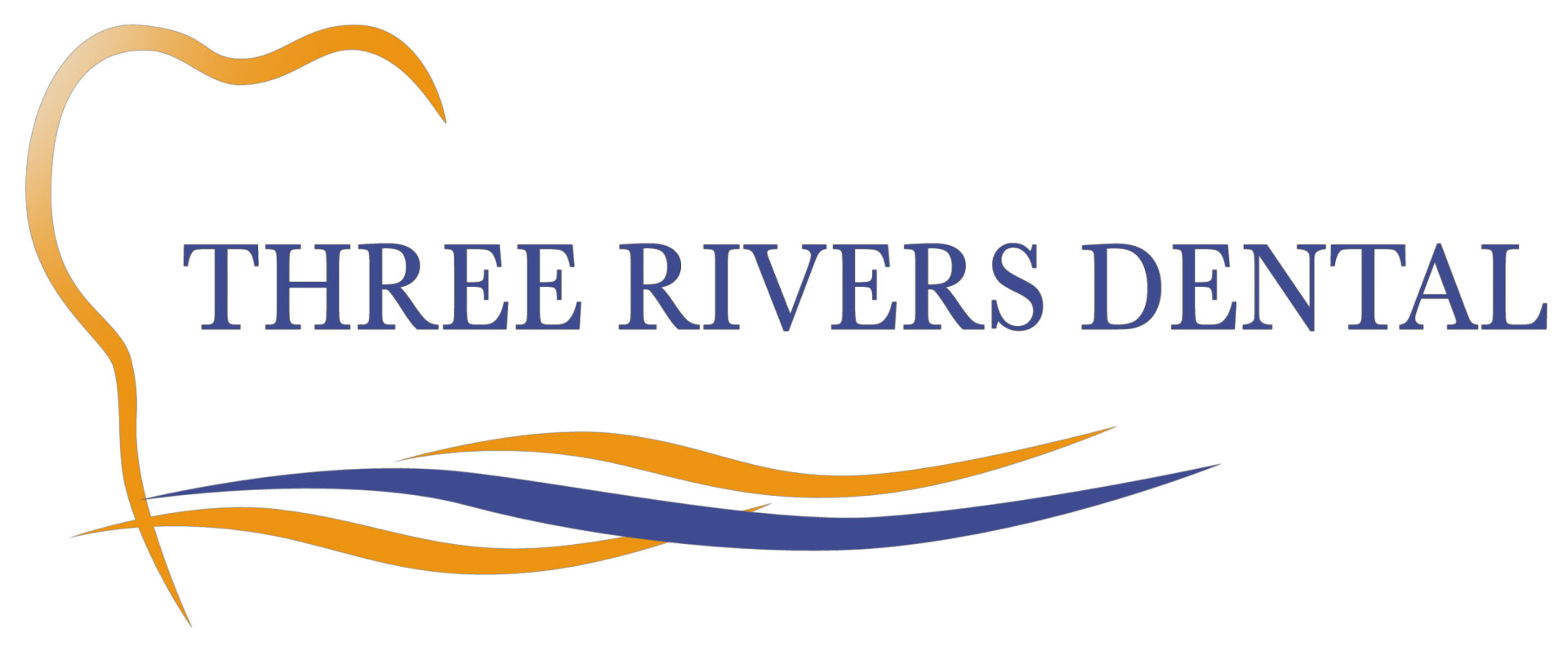When oral health is neglected or improperly maintained, dental problems can surface and become a pain in the mouth. If dull mouth pain or a severe toothache has you sidelined, we’re here to help. Check out these common care tips to alleviate oral health issues and relieve aggravating mouth pain.
Temperature Sensitivity and Tooth Pain
A jolt of pain in teeth can be attributed to enamel erosion, cavities or receding gums. Teeth sensitivity to hot or cold food and beverage temperatures can indicate more serious oral health issues. If experiencing sensitivity in teeth or pain, gently floss in between the sore tooth to remove any food debris or particles that may be lodged there. Follow by gently rinsing with warm saltwater. If tooth pain and aches persist, contact your dentist to discuss pain relief tips, daily oral health care improvements and schedule an appointment for a pain evaluation. Treatment options will be determined based on the severity of tooth pain you are experiencing. Sometimes it is as easy as altering an acidic or sugary diet to prevent enamel from wearing down or repairing a loose filling.
Severe Gum Pain
Severe pain in gums can be an indication of irritation, infection, or injury caused by receding gums or periodontal disease. Gums are made up of soft, fleshy tissue that supports and protects the teeth. Beneath enamel, explains the American Dental Association (ADA), teeth are coated in dentin, a sensitive material that contains tiny tubes making teeth more susceptible to sensitivity. When gums recede, dentin is exposed, resulting in pain. There are several causes of gum pain, including improper flossing, brushing or tooth abscess according to Medical News Today. Pain prevention and treatment may be as simple as visiting your dentist for a professional cleaning to remove plaque and tartar from the gums and incorporating an antibacterial mouthwash into your daily oral care routine. Mouthwash containing alcohol or chlorhexidine can kill excess bacteria and prevent future build-up of plaque. Individuals with more severe gum disease may receive dental treatment recommendations including root canal or bone and tissue grafting to encourage the growth of new, healthy tissue, based on the severity of the case.
Persistent Pressure
The American Association of Endodontists credits bruxism as the leading culprit of jaw pain. Similar to a sinus headache, the dull discomfort or persistent pressure experienced in the jaw, mouth and teeth is the result of grinding teeth. During regular dental exams, dentists routinely check for signs of bruxism. The teeth and mouth are evaluated for changes over a period of several oral health checkups to determine the best position for the mouth and jaw. If the problem persists and tooth wear has led to sensitivity or the inability to chew, crowns may be used to repair the damage. In some cases, the chewing surface of teeth may need to be reshaped to prevent further tooth damage.
A patient is considered to be in need of emergency dental care if experiencing bleeding that does not stop, painful swelling in or around the mouth, pain in a tooth, teeth or jaw bone or gum infection with pain or swelling. Click here to access the ADA Dental Emergency Patient flyer for complete details and more information on what is considered a dental emergency.
We are committed to treating and managing your pain and returning you to great dental health. If you are experiencing dental pain, call 1 (855) 4 NO FEARS or click the Schedule Appointment link on our website. We are conveniently located throughout the Pittsburgh area in Greentree, Cranberry, and Greensburg. It’s that easy to set an appointment for no more pain.
